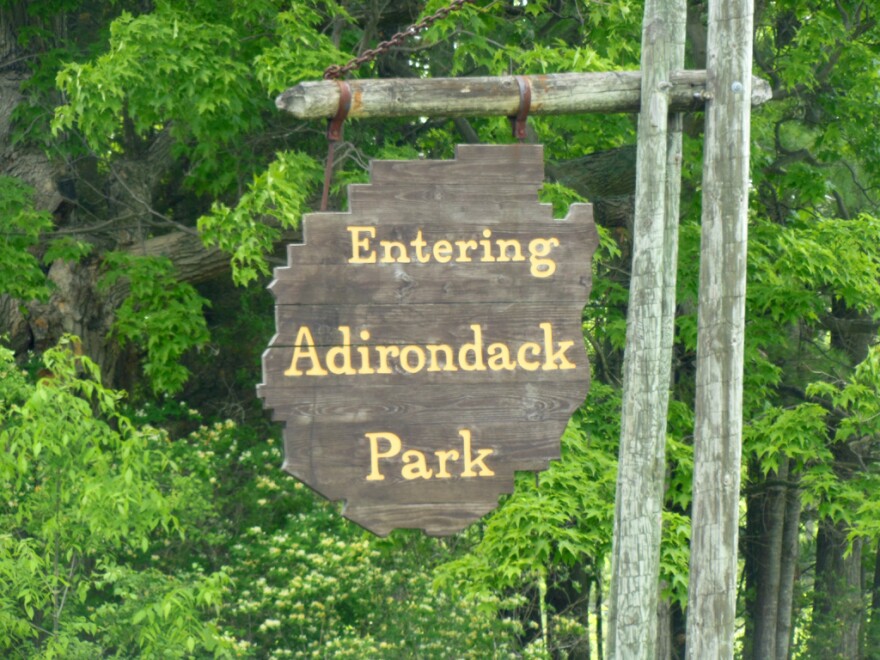The U.S. hospitality industry is reporting a decline in occupancy rates across the country over the past year. Tourism officials in New York’s North Country region cite a snowless winter and unfavorable Canadian exchange rates for driving away winter sports enthusiasts.
Lake Placid bills itself as the Winter Sports Capital of the East, but tourism officials are finding that many travelers went elsewhere looking for winter recreation this year.
The Regional Office of Sustainable Tourism markets the Adirondack region and subsidizes research into tourism trends in the area. President Jim McKenna says data from Smith Travel Research indicates that tourism in the Lake Placid region was down considerably in December and January. “We saw that numbers were down over 15 percent in December and about 9 percent in January. Those two months are some of our quietest months of the year with the exception of the Christmas holiday season. In February this year we showed we were down 1.1 percent. So we sort of bounced back a little bit for February and our early indicators for March say that we also held our own in March. As we look back on the winter we are going to see a mild decline.”
Adirondack Regional Tourism Council Executive Director Ron Ofner characterizes the regional tourism market as “generally soft” throughout the winter. “Not only did we have a lack of snow but in general we had a lack of cold weather which didn’t even allow a lot of areas to have ice forming. So activities were off as far as snow-based activities, skiing, cross country skiing, snow shoeing, snowmobiling in particular, but even ice fishing we saw was off.”
Ofner says while an unfavorable exchange rate may have kept some Canadian travelers away, the weather appears to be the primary factor that led to an absence of tourists. “The crossings from Quebec into New York State actually remained relatively strong or on par with previous years. We did notice a pretty good decline in border crossings from our neighbors in the province of Ontario. But out of Quebec we seem to have maintained our strengths.”
McKenna discussed tourism statistics at a recent meeting of the Essex County Board of Supervisors. He told the leaders that with the increasing variability of weather any tourism plan must be flexible. “We’ve seen weather patterns over the last two years that have gone from extreme cold and plenty of snow to extreme warm and no snow. So we have to be prepared. Another point that I made to the Board of Supervisors was that it’s got a ripple effect because if occupancy tax are down then sales tax are going to be down probably as much as three times as much as the occupancy tax. It’s because the expenditures by visitors roughly 30 percent is in lodging and 70 percent is in other expenditures.”
Although the region is down between 10 and 11 percent for the winter season, McKenna anticipates a surge in visits for the summer and fall. The Lake Placid conference and meeting schedule should bring the data above 2015 levels by the end of the year.
McKenna also notes that about 30 percent of the tourism activity occurs during the cold months between November through April while 70 percent of visits occur between May and October.








